I use SQL Server 2012 and SSIS. I have two Tables in the same server and same database. I need to transfer all records of both tables into third table.
I need to add some columns (Like Execution ID and some Package Parameters) to result of UNION ALL and after that I have to transfer the records into third table.
I have two solution for doing that but I don't know which ones is more efficient.
Solution 1 : Use two OLE DB DataSources and use Union All Component in SSIS
Solution 2 : Use Union All in SQL Server side and use just one OLE DB Source in SSIS.
Which one is more efficient?

